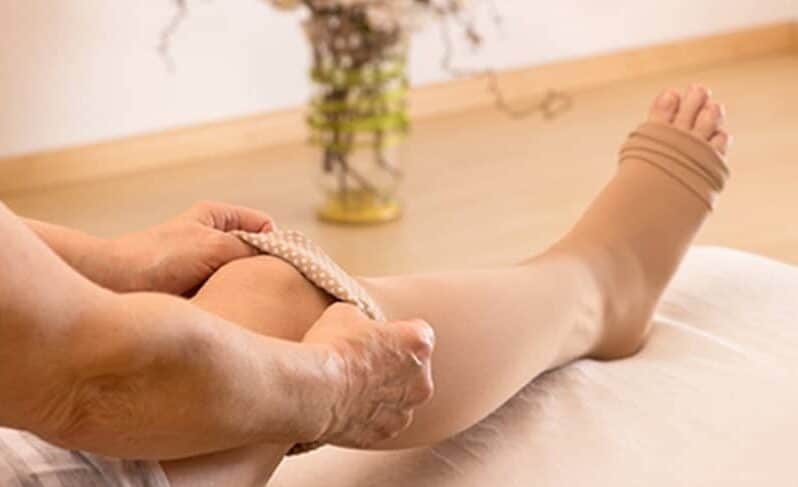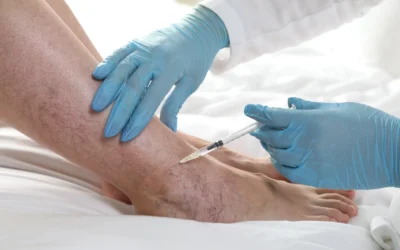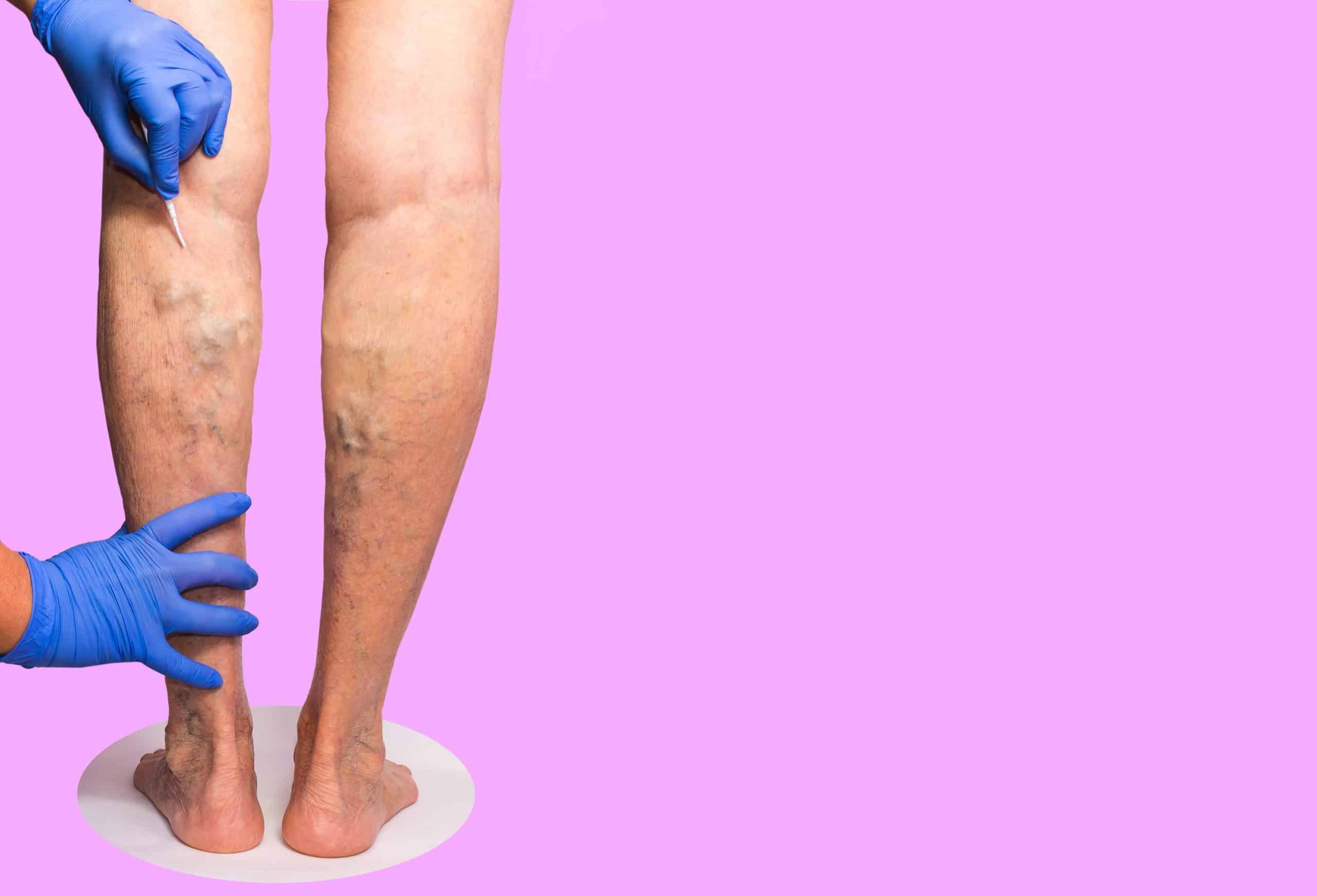Vein problems affect millions of people worldwide, often leading to discomfort, pain, and visible changes in the legs. Whether you are experiencing spider veins, varicose veins, or chronic venous insufficiency, understanding how these conditions are diagnosed and treated is essential. At Vein Treatment New Jersey, experienced vein specialists use advanced diagnostic tools and personalized care to help patients restore both health and confidence. But before we explore the treatment process, let’s first answer an important question: What Kind of Doctor is a Vein Specialist.
What Kind of Doctor is a Vein Specialist?
A vein specialist, also known as a phlebologist, is a medical professional who focuses on diagnosing and treating disorders of the veins. These doctors often have specialized training in vascular medicine, interventional radiology, or cardiology. They understand the complexities of the circulatory system and how poor vein function can affect overall health.
If you’ve ever wondered, “What Kind of Doctor Treats Varicose Veins?”, the answer is a vein specialist. These experts are skilled in performing minimally invasive procedures that eliminate or reduce varicose veins, relieve pain, and improve blood flow. At Vein Treatment New Jersey, vein specialists combine medical expertise with cutting-edge technology to provide precise, safe, and effective care.

The Initial Consultation and Evaluation Process
When you visit a vein treatment clinic, the process begins with a comprehensive consultation. The vein specialist will review your medical history, lifestyle habits, and any symptoms you’re experiencing—such as leg swelling, heaviness, or aching pain. This initial conversation helps the specialist identify potential underlying issues and determine the most suitable diagnostic tests.
Next comes a physical examination, where the doctor visually assesses your legs for varicose veins, discoloration, or skin changes that suggest poor circulation. In many cases, the specialist will recommend duplex ultrasound imaging—a non-invasive test that allows them to visualize blood flow in your veins. This test can detect problems like valve failure, blood pooling, or vein blockages that may not be visible on the surface.
At Vein Treatment New Jersey, this diagnostic approach ensures accuracy and efficiency. By understanding the exact cause of your symptoms, the vein specialist can develop a customized treatment plan tailored to your unique condition.
Common Vein Conditions Diagnosed by Vein Specialists
Vein specialists treat a wide range of venous conditions, including:
-
-
Varicose veins: Enlarged, twisted veins caused by faulty valves that allow blood to pool.
-
Spider veins: Small, superficial veins that appear as red, purple, or blue lines on the skin.
-
Chronic venous insufficiency (CVI): A condition where veins fail to return blood properly to the heart, causing swelling and skin changes.
-
Deep vein thrombosis (DVT): A serious condition involving blood clots in deeper veins, which can be life-threatening if not treated promptly.
-
Each of these issues requires precise diagnosis and personalized management to prevent complications and enhance long-term outcomes.
Modern Treatment Options at Vein Treatment New Jersey
At Vein Treatment New Jersey, patients benefit from a range of minimally invasive procedures designed for comfort, effectiveness, and quick recovery. Traditional vein stripping surgeries are now largely replaced by advanced techniques that require little to no downtime. Some of the most common treatments include:
-
-
Endovenous Laser Ablation (EVLA):
This procedure uses laser energy to seal off damaged veins, redirecting blood flow to healthy ones. It’s performed under local anesthesia and provides immediate symptom relief. -
Radiofrequency Ablation (RFA):
Similar to EVLA, RFA uses radiofrequency energy to close off diseased veins. It’s a safe, outpatient treatment with minimal discomfort. -
Sclerotherapy:
For spider veins and small varicose veins, a special solution is injected to collapse and fade them over time. It’s quick, effective, and requires no anesthesia. -
VenaSeal Closure System:
This advanced treatment uses a medical adhesive to seal problematic veins, eliminating the need for heat or anesthesia. -
Ultrasound-Guided Foam Sclerotherapy:
Used for larger or deeper veins, this method combines ultrasound guidance with foam medication for precision and effectiveness.
-
These treatments not only relieve symptoms but also improve circulation, prevent future complications, and enhance the appearance of the legs.

The Importance of Personalized Care in Vein Management
Every patient’s vein condition is different, and a one-size-fits-all approach doesn’t work. That’s why the specialists at Vein Treatment New Jersey create personalized care plans based on individual health goals, vein anatomy, and medical history. This ensures that every treatment offers the highest level of effectiveness and safety.
In addition to medical procedures, vein specialists often recommend lifestyle modifications to improve vein health. These may include regular exercise, wearing compression stockings, maintaining a healthy weight, and avoiding prolonged sitting or standing. Together, these preventive measures help support long-term results.
Why Choose Vein Treatment New Jersey?
Choosing the right vein treatment clinic can make a significant difference in your experience and results. At Vein Treatment New Jersey, patients receive compassionate care from board-certified vein specialists who are leaders in their field. The clinic uses state-of-the-art imaging, modern treatment technologies, and a patient-centered approach to deliver outstanding outcomes.
Whether you’re struggling with painful varicose veins or simply want to improve the look and health of your legs, the team ensures your comfort throughout every step—from diagnosis to recovery.
Final Thoughts
Understanding how a vein specialist diagnoses and manages vein problems helps patients make informed choices about their health. From comprehensive diagnostic imaging to minimally invasive treatments, the process is designed for accuracy, comfort, and effectiveness. If you’ve been asking yourself, “What Kind of Doctor is a Vein Specialist?” or “What Kind of Doctor Treats Varicose Veins?”, it’s time to consult the experts at Vein Treatment New Jersey. With professional care, advanced techniques, and personalized attention, you can achieve healthy, beautiful legs and renewed confidence

